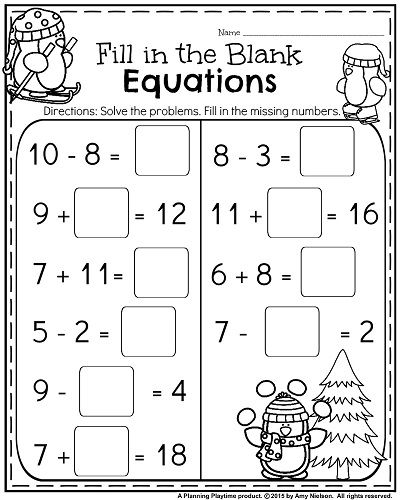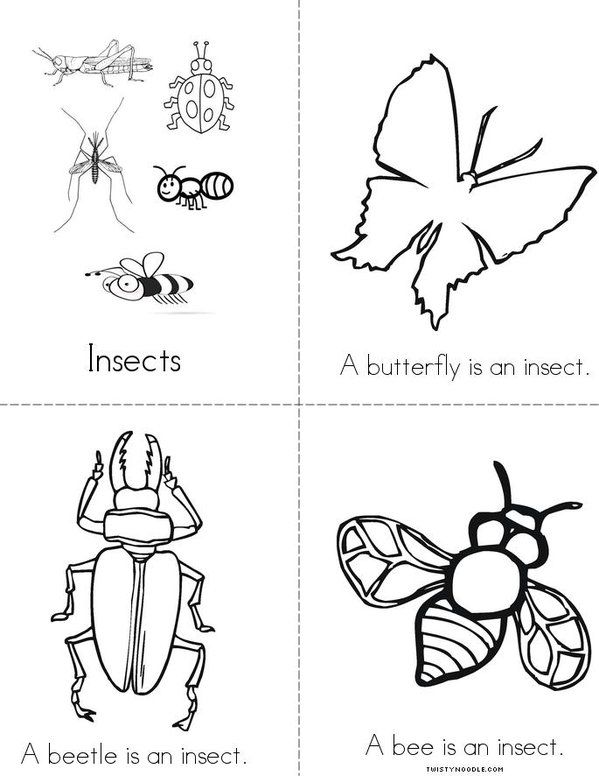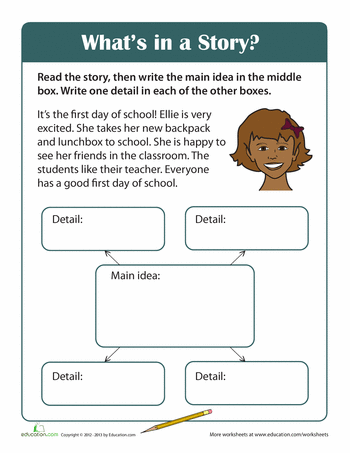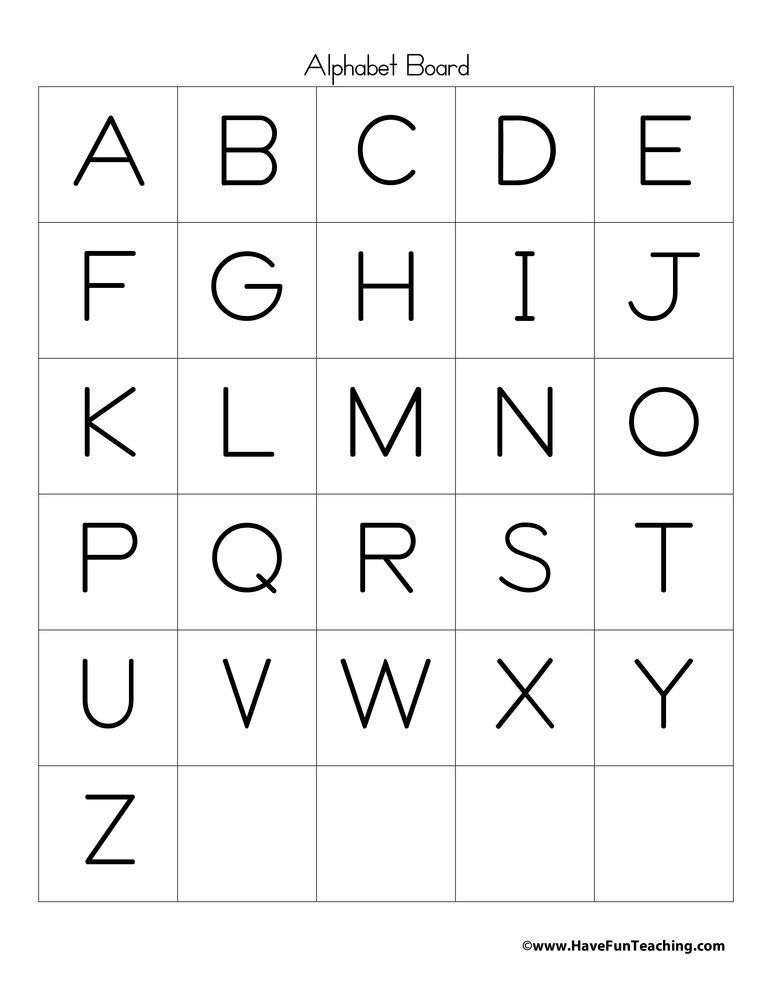1St grade kid
Preparing for 1st Grade
In addition to dealing with boundless energy levels and intense emotions, children preparing for 1st grade will face new responsibilities in school. Your child will learn to adjust to a longer school day, take more ownership of his homework, and learn to get around by himself.
Skills Acquired During 1st Grade
The emphasis remains firmly on developing your child’s reading and math skills, but lessons in art, social studies, science, and physical education may be incorporated as well. Although some skills will resemble those your 6 year old learned in kindergarten, keep in mind that 1st grade is mostly about mastering lessons previously taught.
Preparing for 1st Grade Reading
- Expand sight-word vocabulary
- Recall the sequence of events in oral and written stories
- Discuss story elements such as plot, character, events, and setting
- Understand basic punctuation (capitalize first letter of a sentence, use periods and question marks, etc.
)
- Identify the main idea and details in a story
- Print legibly
- Recognize single and plural forms of nouns
- Write in complete sentences
- Differentiate between fiction and nonfiction stories
- Memorize and correctly spell between 130 and 150 words
Preparing for 1st Grade Math
- Understand greater than, less than, lighter than, heavier than, the same as, etc.
- Recognize and write numbers up to 100
- Count by twos, fives, and 10s to 100
- Mentally add numbers to 10
- Add and subtract to 20
- Add and subtract with pennies, nickels, dimes, and quarters
- Tell time to the hour and half hour
- Recognize shapes
- Identify, describe, and reproduce patterns with numbers, shapes, colors, or words
- Use simple graphs to record information
- Recognize simple mathematical symbols (e.g., “+”, “=”, “>”,”<”)
- Read thermometers and use measuring tools like rulers
Preparing for 1st Grade Social Studies
- Locate the United States, the seven continents, and the four oceans on a large map or globe
- Construct and interpret simple maps with cardinal directions and map key
- Demonstrate awareness of current news
- Participate in group decision-making
- Understand traditions that reflect American ideals and influences from diverse cultures within the nation
- Create charts and timelines demonstrating an understanding of past and present
- Recognize shared values and goals as students in the same community, despite differences in backgrounds
Preparing for 1st Grade Science
- Use tools such as a magnifying glass, ruler, and balancing scale
- Learn the basic needs of living things by caring for animals in class
- Conduct simple, hands-on experiments
- Explore the senses — hearing, sight, smell, touch, and taste
- Explore the life cycle of living things, such as frogs or butterflies
Featured Book
learn more
GRADES
First grade is critical for reading skills, but some kids are way behind
AUSTIN, Texas — Most years, by the third week of first grade, Heather Miller is working with her class on writing the beginning, middle and end of simple words. This year, she had to backtrack — all the way to the letter “H.”
This year, she had to backtrack — all the way to the letter “H.”
“Do we start at the bottom or do we start at the top?” Miller asked as she stood in front of her class at Doss Elementary.
“Top!” chorused a few voices.
“When I do an H, I do a straight line down, another straight line down and then I cross in the middle,” Miller said, demonstrating on a projector in a front corner of the classroom.
Her 25 students set to work on their own. Some got it right away. One student watched his tablemate before slowly copying down his own H’s. Another tested her own way of writing the letter: one line down, cross in the middle, then another line down. “Your paper is upside down, let’s turn it,” Miller said to a student who was trying to write letters while leaning sideways, almost out of her seat.
A student works on a writing assignment in Heather Miller’s classroom.In classrooms across the country, the first months of school this fall have laid bare what many in education feared: Students are way behind in skills they should have mastered already.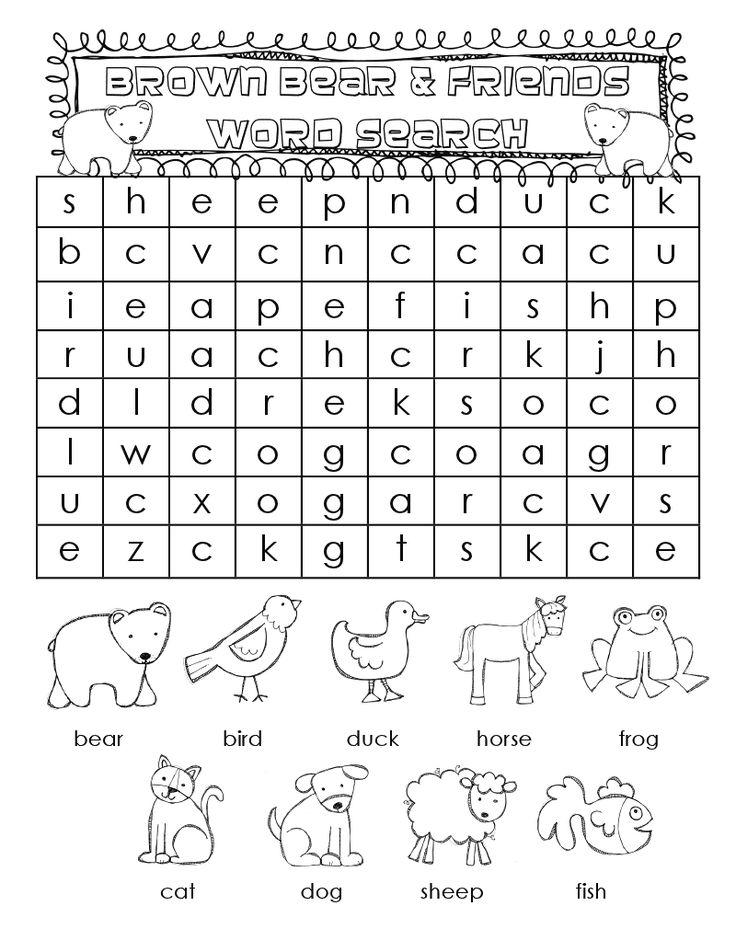
Children in early elementary school have had their most formative first few years of education disrupted by the pandemic, years when they learn basic math and reading skills and important social-emotional skills, like how to get along with peers and follow routines in a classroom.
While experts say it’s likely these students will catch up in many skills, the stakes are especially high around literacy. Research shows if children are struggling to read at the end of first grade, they are likely to still be struggling as fourth graders. And in many states with third grade reading “gates” in place, students could be at risk of getting held back if they haven’t caught up within a few years.
40 percent — The number of first grade students “well below grade level” in reading in 2020, compared with 27 percent in 2019, according to Amplify Education Inc.
First grade in particular — “the reading year,” as Miller calls it — is pivotal for elementary students, when their literacy skills “really take off.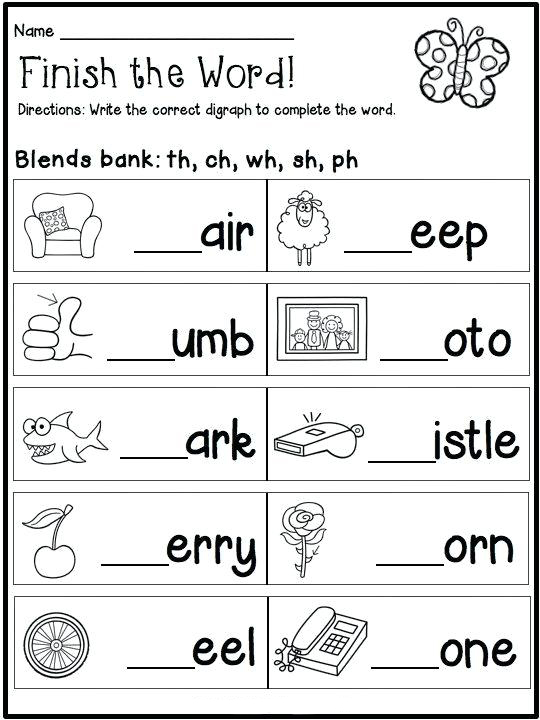 ” Kindergarten focuses on easing children from a variety of educational backgrounds — or none at all — into formal schooling. In contrast, first grade concentrates on moving students from pre-reading skills and simple math, like counting, to more complex skills, like reading and writing sentences and adding and subtracting numbers.
” Kindergarten focuses on easing children from a variety of educational backgrounds — or none at all — into formal schooling. In contrast, first grade concentrates on moving students from pre-reading skills and simple math, like counting, to more complex skills, like reading and writing sentences and adding and subtracting numbers.
By the end of first grade in Texas, students are expected to be able to mentally add or subtract 10 from any given two-digit number, retell stories using key details and write narratives that sequence events. The benchmarks are similar to those used in the more than 40 states that, along with the District of Columbia, adopted the national Common Core standards a decade ago.
Teachers often see a range of literacy skills, and that could be more pronounced this year due to the pandemic
Teacher Heather Miller has seen a wide range of writing skills among her first grade students, with some students already writing complex sentences while others are still working on letter formation. Credit: Jackie Mader/ The Hechinger ReportHeather Miller has already seen improvement in writing, including among students who started the year without a strong grasp of forming letters. Credit: Jackie Mader/ The Hechinger ReportHeather Miller’s students frequently write in notebooks to show their progress in writing skills. Credit: Jackie Mader/ The Hechinger ReportHeather Miller’s students frequently write in notebooks to show their progress in writing skills. Credit: Jackie Mader/ The Hechinger Report
Credit: Jackie Mader/ The Hechinger ReportHeather Miller has already seen improvement in writing, including among students who started the year without a strong grasp of forming letters. Credit: Jackie Mader/ The Hechinger ReportHeather Miller’s students frequently write in notebooks to show their progress in writing skills. Credit: Jackie Mader/ The Hechinger ReportHeather Miller’s students frequently write in notebooks to show their progress in writing skills. Credit: Jackie Mader/ The Hechinger Report“They really grow as readers in first grade, and writers,” Miller said. “It’s where they build their confidence in their fluency.”
But about half of Miller’s class of first graders at Doss Elementary, a spacious, bright, newly built school in northwest Austin, spent kindergarten online. Some were among the tens of thousands of children who sat out kindergarten entirely last year.
More than a month into this school year, Miller found she was spending extensive time on social lessons she used to teach in kindergarten, like sharing and problem-solving. She stopped class repeatedly to mediate disagreements. Finally, she resorted to an activity she used to use in kindergarten: role-playing social scenarios, like what to do if someone accidentally trips you.
She stopped class repeatedly to mediate disagreements. Finally, she resorted to an activity she used to use in kindergarten: role-playing social scenarios, like what to do if someone accidentally trips you.
“My kids are so spread out in their needs … there’s so much to teach, and somehow there’s not enough time.”
Heather Miller, first grade teacher
“So many kids are missing that piece from last year because they were, you know, virtual or on an iPad for most of the time, and they don’t know how to problem-solve with each other,” Miller said. “That’s just caused a lot of disruption during the school day.”
Her students were also not as independent as they had been in previous years. Used to working on tablets or laptops for much of their day, many of these students were also behind in fine motor skills, struggling to use scissors and still working on correctly writing numbers.
Related: What parents need to know about the research on how kids learn to read
Instead of working on first grade standards, Miller was devoting time on this Friday morning in early September to forming upper- and lowercase letters, a kindergarten standard in Texas and the majority of other states.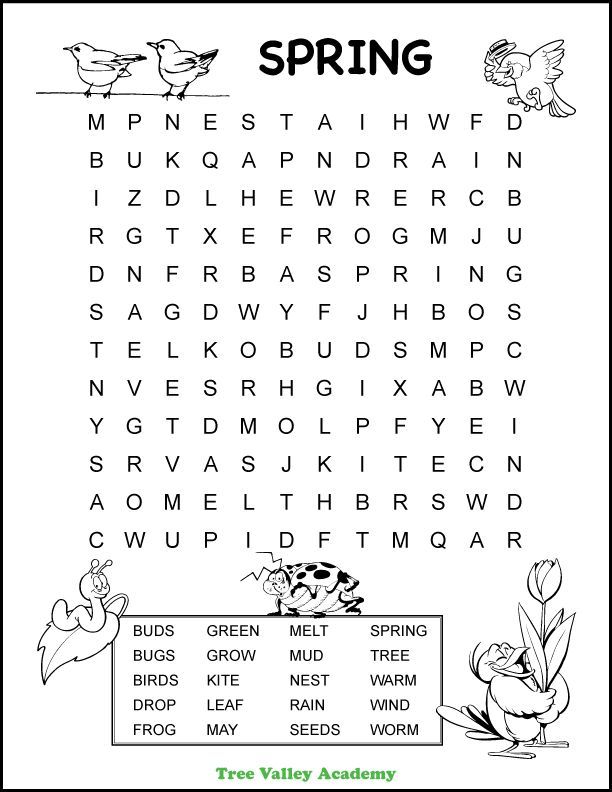 As students finished practicing the letter H, they moved on to the assignment at the bottom of the page: Draw a picture and write a word describing something that starts with an H.
As students finished practicing the letter H, they moved on to the assignment at the bottom of the page: Draw a picture and write a word describing something that starts with an H.
“H-r-o-s” one student wrote next to a picture of a horse standing on green grass in front of a light blue sky. “H-e-a-r-s” another student wrote next to a picture of a strip of brown hair, floating in the white picture box. “You should draw a face there,” suggested his tablemate, pointing at the blank space under the hair.
Students work on a phonics activity during center time in Heather Miller’s classroom. Credit: Jackie Mader/ The Hechinger ReportMiller’s first graders are a case study in the scale, depth and unevenness of learning loss during the pandemic. One report by Amplify Education Inc., which creates curriculum, assessment and intervention products, found children in first and second grade experienced dramatic drops in grade level reading scores compared with those in previous years.
In 2020, 40 percent of first grade students and 35 percent of second grade students were scoring “well below grade level” on a reading assessment, compared with 27 percent and 29 percent the previous year.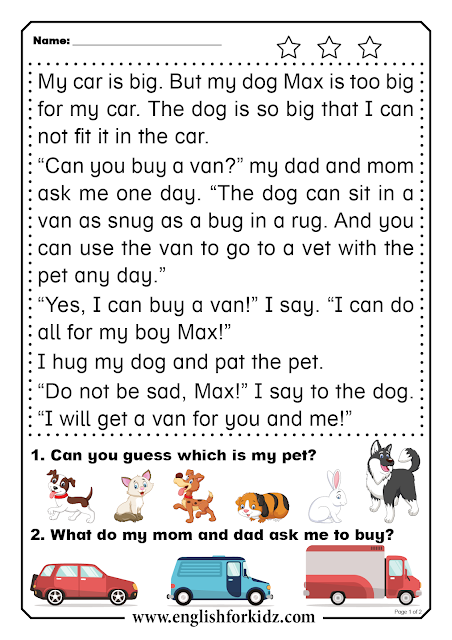 That means a school would need to offer “intensive intervention” to nearly 50 percent more students than before the pandemic.
That means a school would need to offer “intensive intervention” to nearly 50 percent more students than before the pandemic.
Data analyzed by McKinsey & Company late last year concluded that children have lost at least one and a half months of reading. Other data show low-income, Black and Latinx students are falling further behind than their white peers, leading to worsening achievement gaps.
Experts say it’s now clear families who had time and resources to help their children with academics when schooling was disrupted had a tremendous advantage.
“Higher-income parents, higher-educated parents, are likely to have worked with their children to teach them to read and basic numbers, and some of those really basic early foundational skills that kids generally get in pre-K, kindergarten and first grade,” said Melissa Clearfield, a professor of psychology who focuses on young children and poverty at Whitman College.
“Families who were not able to, either because their parents were essential workers or children whose parents are significantly low-income or not educated, they’re going to be really far behind. ”
”
What Miller has observed in the first few weeks of the school year is likely taking place in classrooms nationwide, experts say. In April, researchers with the nonprofit NWEA, which develops pre-K-12 assessments, predicted how the pandemic’s disruptions would manifest among the kindergarten class of 2021: a wider range of ability levels; large class sizes with more diverse ages because some parents held children back a grade; and students unfamiliar with in-person classroom routines.
“We predicted that there would be a lot of diversity in skills,” said Brooke Mabry, strategic content design coordinator for NWEA Professional Learning. That includes skills related to academics, social-emotional learning and executive functioning, she added.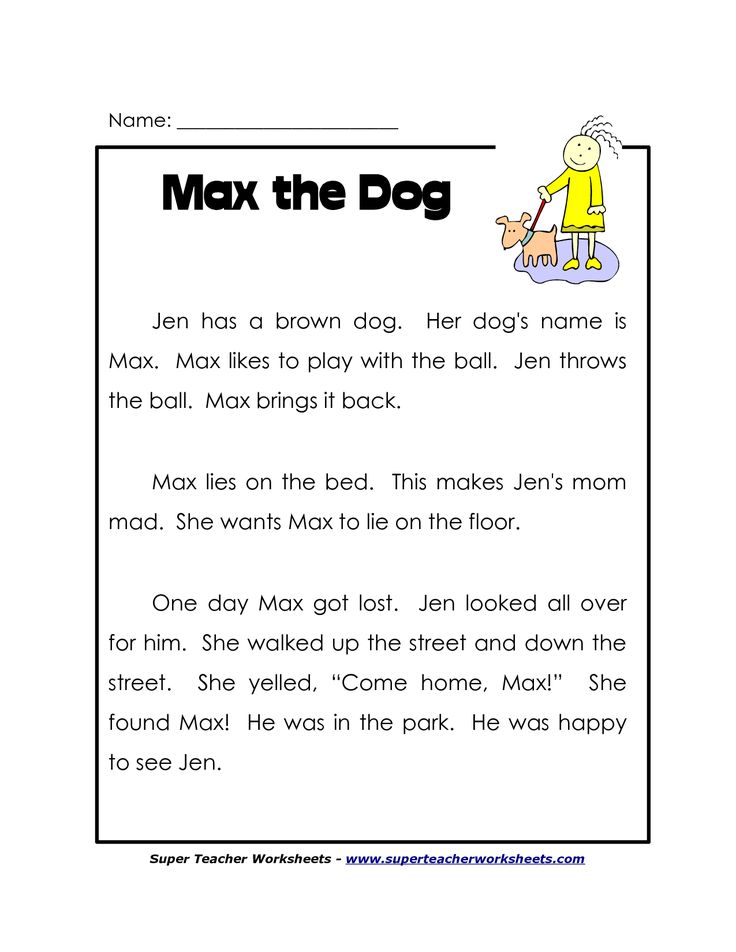
The varying experiences children had with school last year also impacted fine motor skill development, independence, ability to navigate conflicts and the “unfinished learning” teachers are now observing, she added.
Related: Remote learning a bust? Some families consider having their child repeat kindergarten
While switching to remote learning was hard on many students, younger students were generally unable to log themselves on to a computer independently and focus on virtual lessons for extended periods of time. Teachers, who usually rely on small, in-person groups for early literacy skills, instead had to teach letters, sounds and sight words via online platforms.
Miller had the unwieldy task of teaching kids both in person and online, spending her year pivoting between students in front of her and students on her computer screen, using her projector to display books to students at home and teaching reading skills via virtual groups.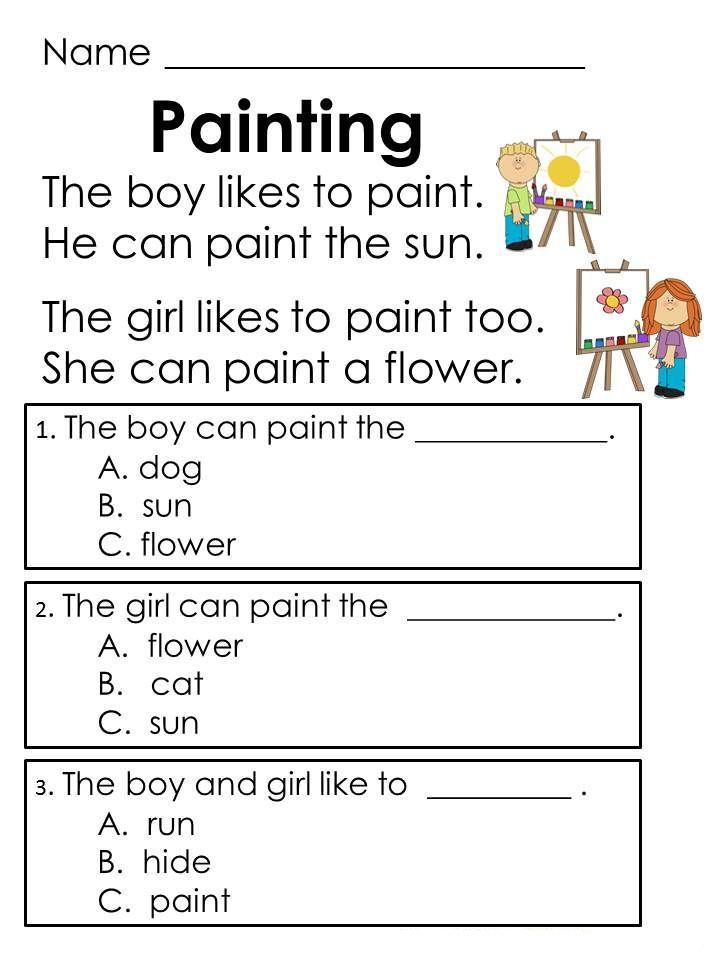
Now, with students in front of her again, Miller was finding that those online lessons weren’t as useful as many had hoped.
Miller, 30, is a calm, confident teacher who is in her eighth year of teaching and her second at Doss. She usually has students with a wide range of ability levels at the beginning of the year, although Doss is relatively affluent. Nearly 62 percent of students at the school are white, and fewer than 20 percent are economically disadvantaged, compared with the district average of nearly 53 percent. In 2019, 95 percent of Doss’ students passed the state reading assessment.
Students play outside Doss Elementary in Austin, Texas. Credit: Jackie Mader/ The Hechinger ReportBut this year, Miller saw larger gaps in reading skills than ever before. Usually, her first graders would start with reading levels ranging from mid-kindergarten to second grade. This year, the levels spanned early kindergarten up to fourth grade.
“My kids are so spread out in their needs,” Miller said.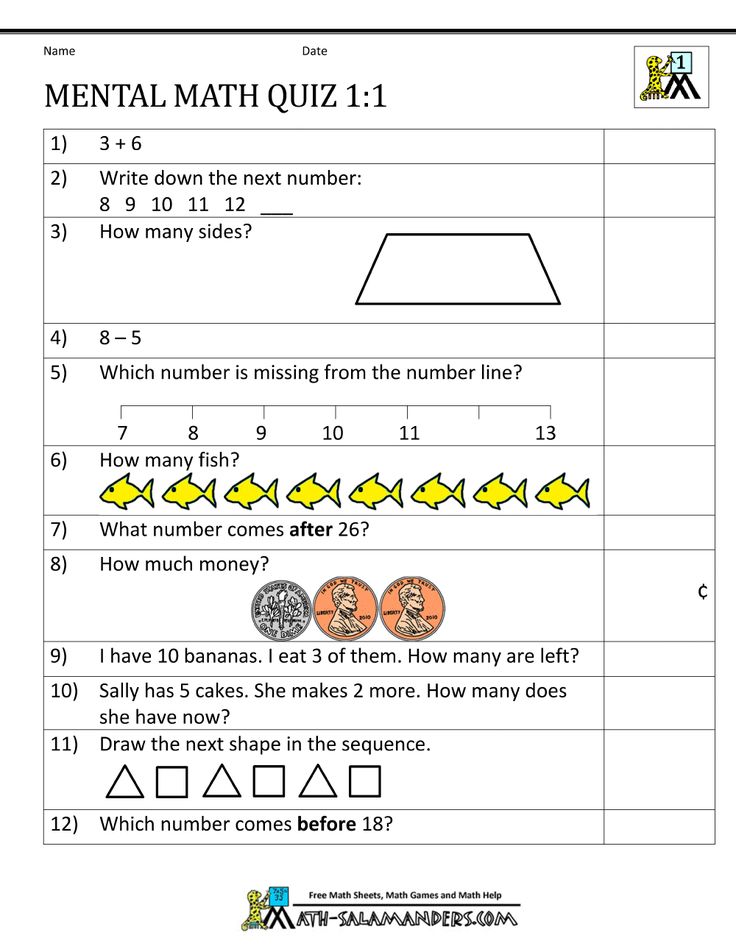 “I just feel like — and I’m sure every teacher feels like this — there’s so much to teach, and somehow there’s not enough time.”
“I just feel like — and I’m sure every teacher feels like this — there’s so much to teach, and somehow there’s not enough time.”
She’s also seen higher literacy levels for kids who went to school in person last year. To her, it speaks to the immense benefits kids get from all aspects of in-person learning. “It just shows how important it is for these kids to be around their peers and just have normalcy,” she said.
Related: Summer school programs race to help students most in danger of falling behind
To catch kids up, Miller is relying on, among other things, one of the staples of the early elementary classroom: center time. For two hours a day, she works with small groups of students on the specific math and reading skills they are lacking.
On a recent October morning, Miller divided her class into five groups to rotate through various activities around her room. She gave her students a few minutes to finish a writing assignment as she pulled out several sets of small books at various reading levels; colorful plastic, hollow phones so her students could hear themselves read; and for a group of struggling readers, a matching game featuring cards showing various letters and pictures.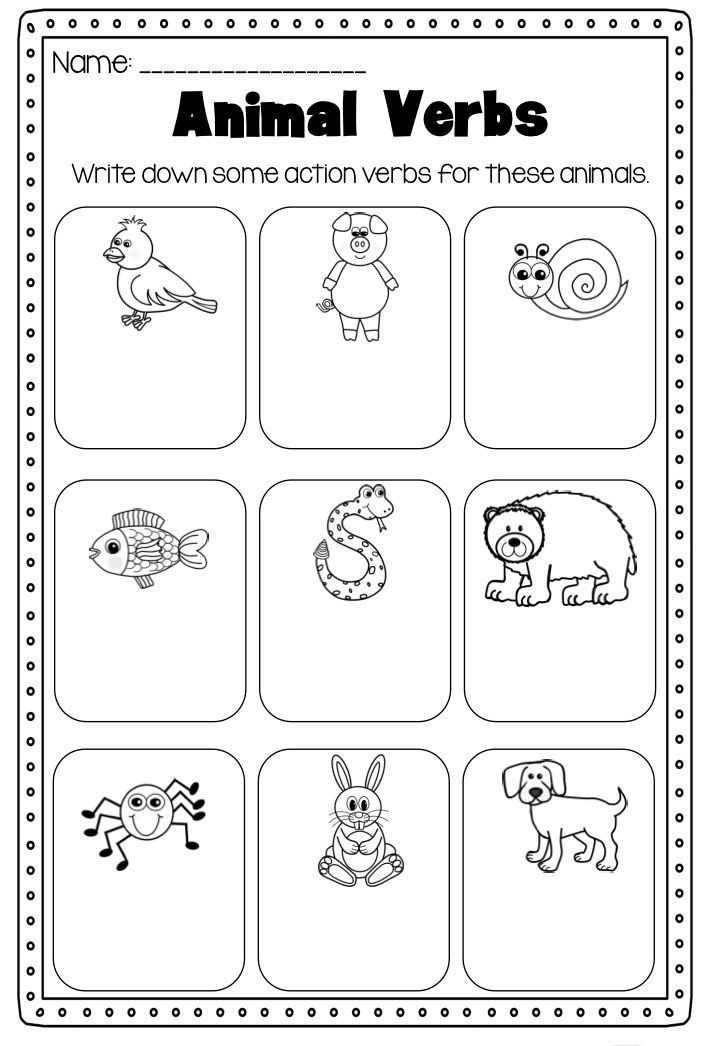
“I feel like I’m teaching four grades,” Miller said as she arranged the materials on her desk.
Several minutes later, seated at a table in the back of the room with five of her grade-level readers, Miller handed them each a phone, a small book and a green witch’s finger to help them point at the words in the book. “Today we’re going to talk about our reading tools,” Miller said, holding up a blue plastic phone. “These are called whisper phones. You whisper so you can hear yourself sound out the words,” she said. “Do these go on our heads?”
“No!” the students said, giggling.
“You know what these are for?” she said, holding up a rubber finger.
“Um, they’re for reading,” one student said. “’Cause I had them in kindergarten.”
“Very good. Are these for picking your nose?” Miller asked.
“No!” the students said, laughing.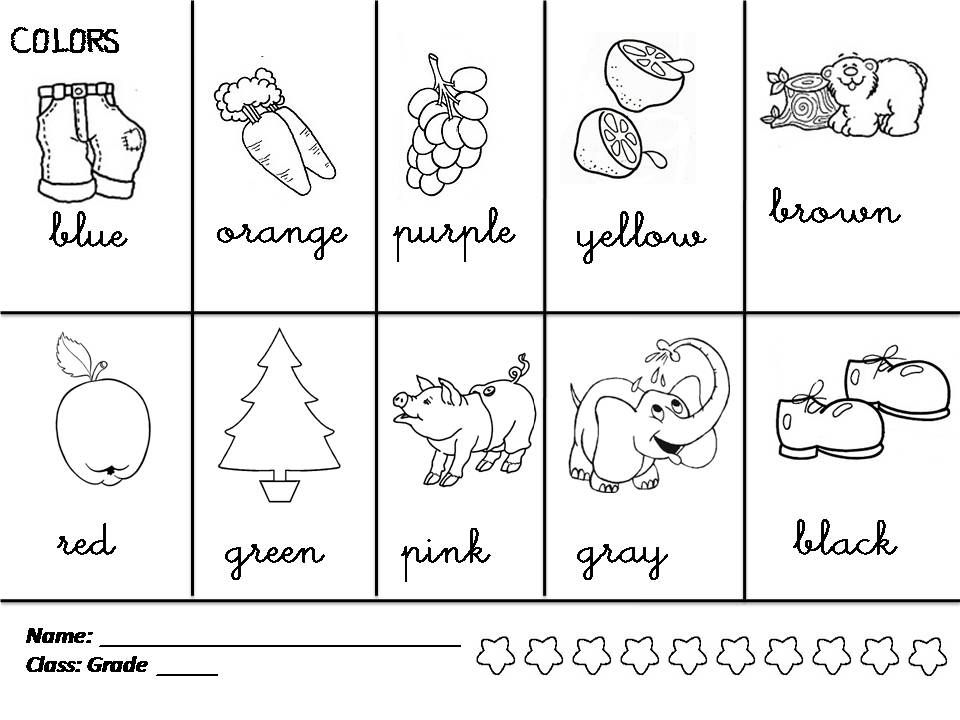
She placed a book in front of each child and walked them through a series of exercises, including looking at the cover and predicting what the book would be about.
Then, they opened their books and began to read in a whisper. Miller turned from one side of the table to the other, listening as students read to themselves, pointing at each word with their green rubber fingers. She helped them sound out challenging words, like “away.” One by one, the students finished the book. A few read it several times in the minutes allotted.
Students practice reading using whisper phones during center time in their first grade classroom. Credit: Jackie Mader/ The Hechinger ReportMiller’s next group, all of whom were reading far below grade level, required a different activity. Rather than handing out a book, Miller pulled out a letter-matching game at the table, using materials she had from her days as a kindergarten teacher. She placed two small laminated cards on the table, one showing the letter D and a picture of a dog, and one with the letter B and a picture of a ball.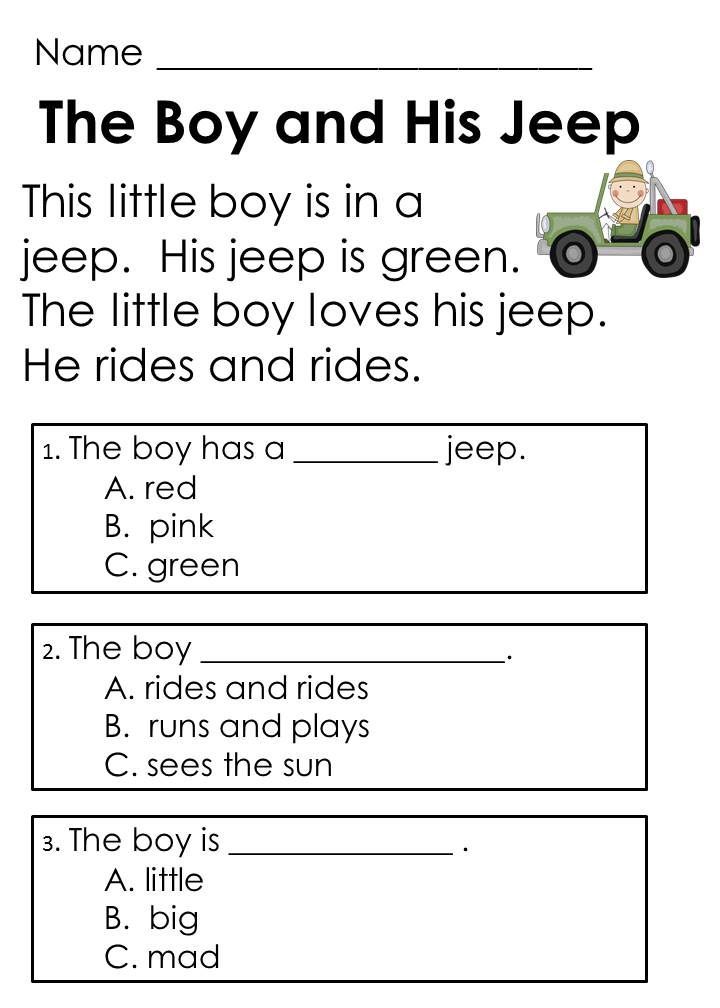
“We’re going to do your letters today,” Miller said to the group. “What letter is this?” she asked, pointing to the B.
“Ball!” one student responded.
“What letter?” Miller asked again. There was a pause.
“B!” another student responded.
“What sound does it make?”
“Buh,” a third student said.
The students ran through the activity, looking at pictures of items starting with B and D like a doll, ball, dog and dolphin, and sorting them into piles based on the starting letter.
A student reads a book during center time in Heather Miller’s classroom. Credit: Jackie Mader/ The Hechinger ReportExperts like Clearfield say finding new or different strategies to help students learn grade-level content after the last 18 months will be critical, even if that means pulling out activities typically used by lower grade levels, as Miller did with her lowest reading group.
It also may mean recruiting help from outside the classroom. Miller said Doss already had a strong team of interventionists to rely on, and several of her students receive extra reading help during the day.
Miller has also found it helpful to work with her fellow first grade teachers to solve a shared academic challenge. This fall, the first grade teachers all discovered that many of their students were behind in reading sight words. They began meeting regularly to share tips and strategies to combat this.
Despite the obvious need to catch kids up, Miller has been mindful of not coming on too strong with remediation efforts. “I don’t want to push them so hard where they get burned out,” she said on an October evening. “They’ve been through so much.”
Related: We know how to help young children cope with the trauma of the last year— but will we do it?
Mabry, of NWEA, said while catching students up is important, society needs to view the recovery process as a multiyear effort. “In previous years, when looking at unfinished learning and finding ways to get students to accelerated growth, we never expected that we would get students who need support to meet those accelerated goals in one year. We would never approach it that way,” Mabry said. “Now, we’re so frantic. I think we’re frantic because we feel it’s this larger population.”
We would never approach it that way,” Mabry said. “Now, we’re so frantic. I think we’re frantic because we feel it’s this larger population.”
It’s a daunting task, but experts say there is hope.
“Kids will catch up eventually,” said Clearfield from Whitman College. But to get there, society may need to re-evaluate expectations, she added. “If most children in our community are behind by, like, a year or two, then our expectations for what is typical, it’s going to have to match where they are,” Clearfield said. “Otherwise, we are going to be constantly frustrated … we’re going to have expectations that don’t match their skills or abilities.”
By mid-autumn, Miller was heartened by what she was seeing in her classroom. Students were becoming more confident and independent. Their writing was stronger. There were fewer conflicts.
There were fewer conflicts.
One morning, Miller stood by her desk as students effortlessly transitioned from one activity to the next during center time. They quietly buzzed around, cleaning up activities and putting their notebooks away in cubbies as she prepared to work with a new group of students at her desk.
“It kind of gives me hope that we’ll be OK,” she said. “Even after last year, we’ll be OK.”
This story about reading skills was produced by The Hechinger Report, a nonprofit, independent news organization focused on inequality and innovation in education. Sign up for Hechinger’s newsletter.
The Hechinger Report provides in-depth, fact-based, unbiased reporting on education that is free to all readers. But that doesn't mean it's free to produce. Our work keeps educators and the public informed about pressing issues at schools and on campuses throughout the country. We tell the whole story, even when the details are inconvenient.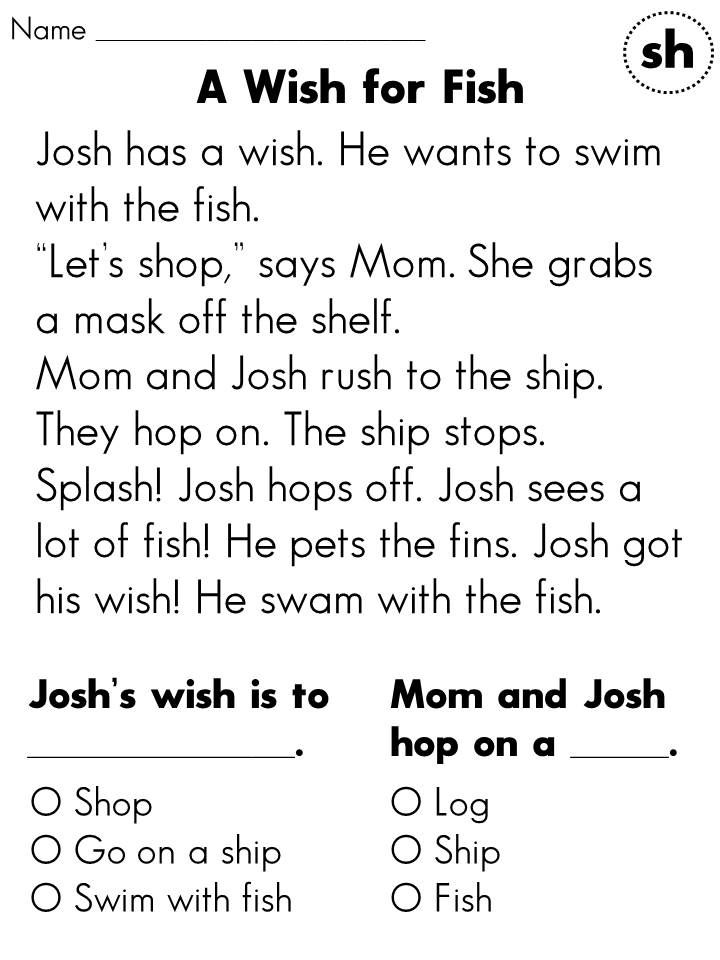 Help us keep doing that.
Help us keep doing that.
Join us today.
Your child has entered the 1st grade
Your child has entered the 1st grade and has become a student.
And you are tormented by vague doubts: what if it doesn’t work out, and what if it doesn’t work out well ... Don’t worry, of course, it will cope. That's just at first without your help and support he can not do.
Lesson No. 1: The main positive quality of school things is their limited capacity. The pencil case should be easy to handle and compact so as not to occupy half of the working surface of the desk. It can contain two blue pens (one spare), two simple pencils, an eraser (no larger than a sugar cube) and two colored pencils - red and blue. All other wealth in the form of a set of felt-tip pens or pencils of twenty shades should rest in a separate case and be taken out only if necessary.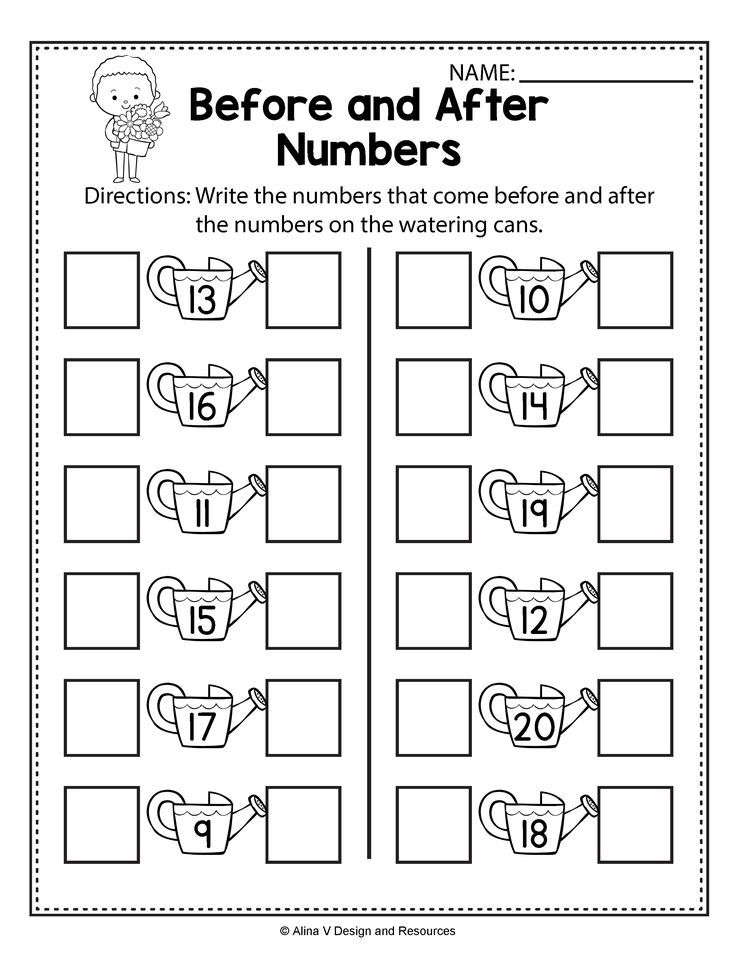 nine0005
nine0005
Lesson #2. Don't put a cell phone in your briefcase. This recommendation can be extended to any expensive things. Any thing in the school can be lost, forgotten or stolen. The child-friendly administration is installing free pay phones in the lobbies. In case of emergency, you can always call from the office or from the teacher's room.
The same applies to expensive watches, which the guys usually take off before physical education and tend to forget in the locker room. nine0005
Lesson #3. One thing to keep in mind is a small roll of toilet paper. No matter how high-quality renovations schools reach, toilet paper always disappears in school toilets. And for a first-grader, a school toilet is a serious test. If it is already impossible to rid the baby of this stress, then it is required to at least soften it.
It's good to have a couple of paper napkins in the briefcase – sometimes you need to wipe your hands or nose (a handkerchief isn't enough or just wasn't there).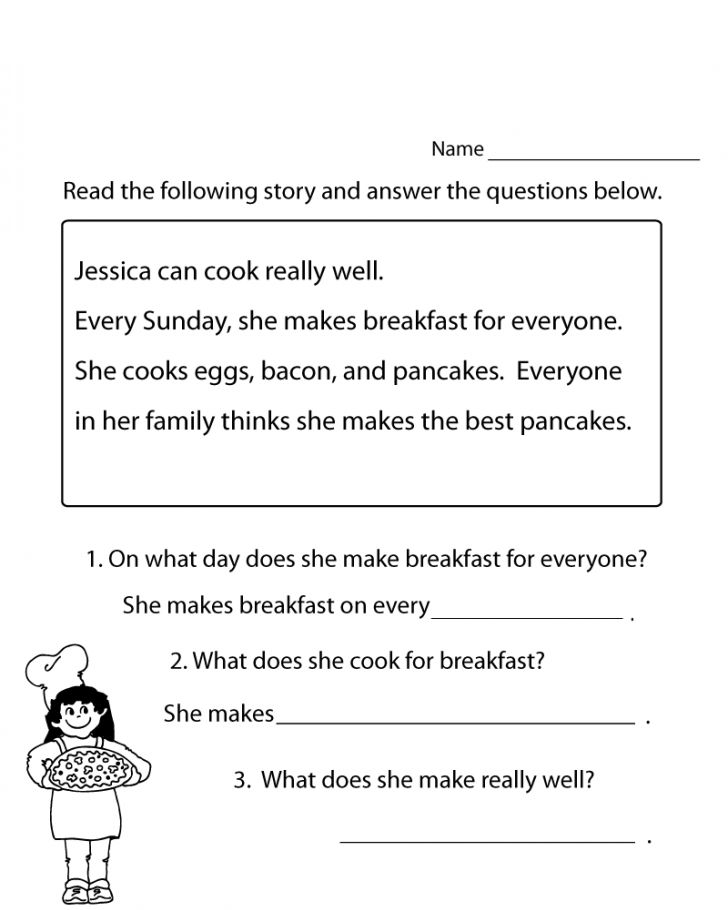 nine0005
nine0005
Lesson No. 4. We also need special packages for breakfast: if something is spilled or crushed in the briefcase, the baby is not able to cope with this natural disaster.
Lesson No. 5. There is nothing for toys to do in a briefcase without the permission of adults. It is better that children do not take cars, dolls or robots with them to school at all. There is always a danger that they will be used not only at recess to exchange and win the sympathy of classmates, but will also distract the child in the lesson. And this is fraught with complications in relations with the teacher and the loss of toys. nine0005
Lesson #6 Learning is also work. Therefore, try to make the child happy to start his workdays. Be sure to take him to school. Even if you don’t have to cross the road along the way and the school is located almost in the yard. Such daily morning walks will help the first-grader feel the importance of his new role as a schoolboy.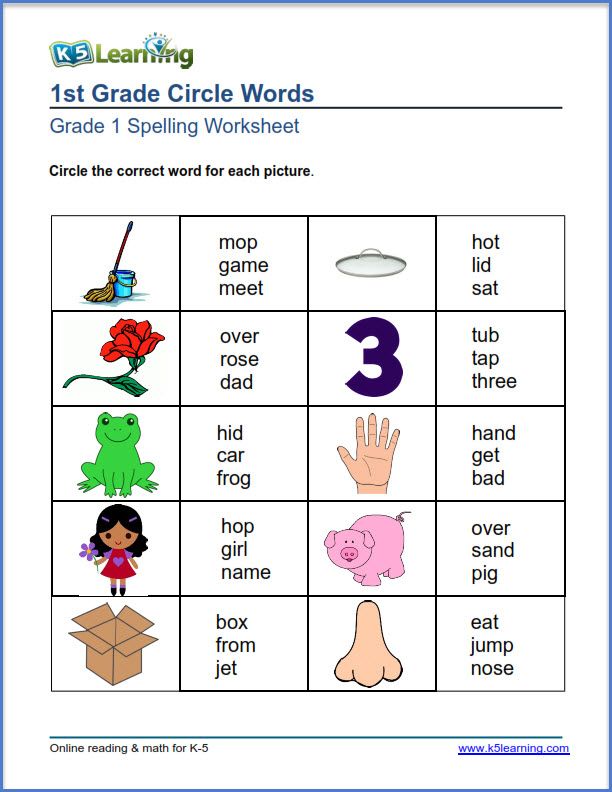
He will feel your support and become more confident. On the way, you can repeat the lessons learned, ask what classes the little student has today, what he expects from the new school day. If necessary, cheer him up, set him up in a positive way. nine0005
Meeting from school instead of the traditional question “What are your grades today?” better ask “What's new at school? What did you do today? What was interesting about the lessons? Seeing that you are showing interest in his school affairs, the child will enthusiastically tell about everything that he remembers the past day, share his joys and sorrows.
Lesson #7 Praise your new student more often. He needs your approval now more than ever. Rejoice sincerely in any of his victories. Even if it seems to you that they are insignificant. It would seem, well, the child learned a rhyme, well, he decided the example itself, what's wrong with that. But what seems easy to us adults is work for a child. Therefore, even a small success in your opinion still deserves praise. In honor of the first five received, arrange a small home celebration. Let your child feel the delight of success. Show that you are proud of his achievements. nine0005
Therefore, even a small success in your opinion still deserves praise. In honor of the first five received, arrange a small home celebration. Let your child feel the delight of success. Show that you are proud of his achievements. nine0005
Lesson #8 But scolding a child for failures is not worth it. Especially if he does not understand something or makes mistakes. It is better to sit down and calmly benevolently explain everything that is not clear. And remember that mistakes are normal, in the learning process you cannot do without them. Never call a child "fool, stupid, stupid." Such insults will cause nothing but insecurity, resentment and dislike for the school. It is much better if you inspire him with confidence that he will cope with everything. nine0005
Lesson #9 Set up and follow a daily routine. The correct distribution of time for classes and rest will help to avoid increased fatigue. Children aged 6-7 years should take a break for 15-20 minutes every half hour of class.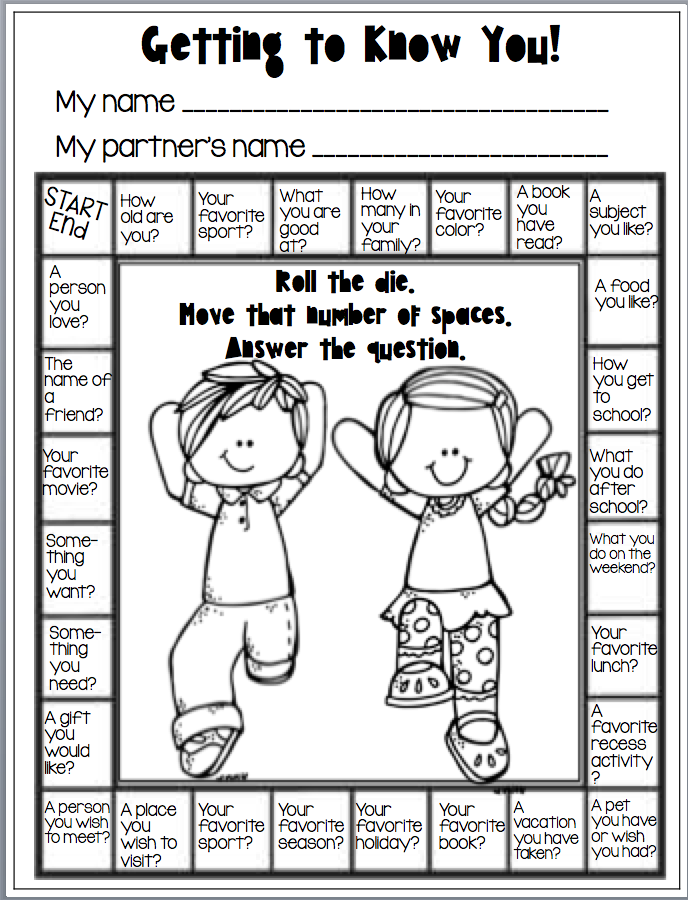 And be sure to include a walk in your daily routine.
And be sure to include a walk in your daily routine.
Lesson No. 10 Organize your child's personal workplace - a desk and a couple of shelves for textbooks, notebooks and other school supplies. Take care of good lighting, this will help to avoid vision problems. nine0005
Lesson #11 Imagine that you went to school with your child. First, sit down together to do homework. Be patient and sit down for lessons only in a good mood. This will help you not to get annoyed and not break loose once again. Gradually move away from the joint implementation of lessons, provide the first-grader with more and more independence. But be sure to check what you've done. Do not swear, but do not silently check either. Don't criticize. If you find any mistakes, inaccuracies, negligence, invite the child to correct them. And never do homework for a young student. Remember that he is still studying, not you. nine0005
Lesson #12 For a small student, his teacher is an authority. Respect the child's opinion of him. And never scold or criticize the teacher in front of the student.
Respect the child's opinion of him. And never scold or criticize the teacher in front of the student.
Lesson No. 13 Of course, it is not easy for a first-grader to get used to a new life situation, but still do not release him from household chores. Involve your child in cleaning, washing dishes, etc. Only in this way will it develop harmoniously.
Lesson No. 14 And remember that, in fact, it does not matter how the child learns. After all, you love him not for good behavior and grades, but simply for the fact that he exists. nine0005
Good luck!
Ozhmekova Natalya Yurievna Source: http://nsportal.ru/
What a child should know and be able to do by the first grade: knowledge for a first grader it is forbidden to carry out with the help of the competition. Any child aged 6.5–8 has the right to enroll in a school. But some things should be taught to the baby before the start of training - this will make it easier to adapt to a new rhythm.
 nine0005
nine0005 Knowledge and skills for life
Knowledge about the family
Kindergarten graduates should easily navigate information about close relatives and their data. Full name, age, date of birth, what mom and dad work for, how old are the brothers and sisters. It is good if the child by the first grade knows by heart the phone number of one of the parents and the home address.
Knowledge of safety rules
It is assumed that the baby is familiar with the basic rules of behavior on the street: in what places and what color of traffic lights to cross the road, what to do if the traffic light is not visible, is it possible to leave with a stranger without the knowledge of parents. This is the minimum knowledge of safety that a child should have by the first grade. nine0005
Speech development
It is important for a child to speak clearly and distinctly, to distinguish between male and female, to determine the sound in a word, to select simple synonyms, to be able to describe objects, build a dialogue, choose the superfluous in a row and generalize.
Soft skills
Soft skills (“soft skills”, “soft skills”) are universal skills that help a person to be successful regardless of the chosen profession or place of work. We can say that this is the base of certain skills on which success and efficiency are based. nine0103
Soft skills develop throughout a person's life. It is important to lay their foundation already at the senior preschool age, so that it would be easier for the future first-grader to adapt to new living conditions.
Mindfulness and the ability to concentrate
This is the basic skill by which all others are formed.
At the moment, everyone is surrounded by a huge flow of information. Adults absorb it, sometimes without even thinking. And the children repeat. In order to memorize new things and be able to apply this knowledge in practical life, it is first necessary to develop the ability to concentrate and maintain attention. Without this, it is impossible to learn and achieve success.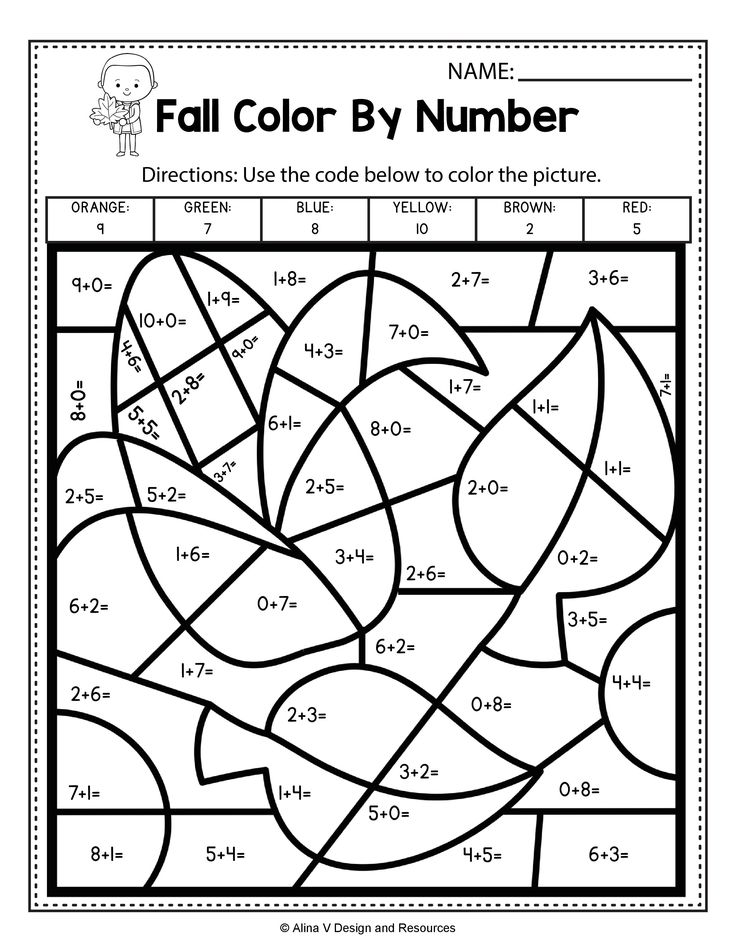 nine0005
nine0005
Critical thinking
The ability to defend one's point of view and not take everything for granted. It is worth explaining to the child how important it is to check the information, question it and ask questions.
Logical thinking
Must be developed from early childhood. Logical thinking contributes to the ability to see and build patterns, analyze information, draw conclusions, consider the same situation from different angles. A person with a developed logical thinking has almost unlimited possibilities and easily adapts to various situations. nine0005
Communication skills and teamwork
Our whole life from the very first days is connected with communication, without it it is impossible to exist, therefore it is so important to develop and improve the child's communication skills as early as possible. The ability to be friends, empathize, negotiate, resolve conflicts and protect yourself if necessary. In addition, it is important to teach a child to hear, appreciate and respect someone else's point of view, to take the place of another person, to find a common language with different people - all this is about working in a team, a team.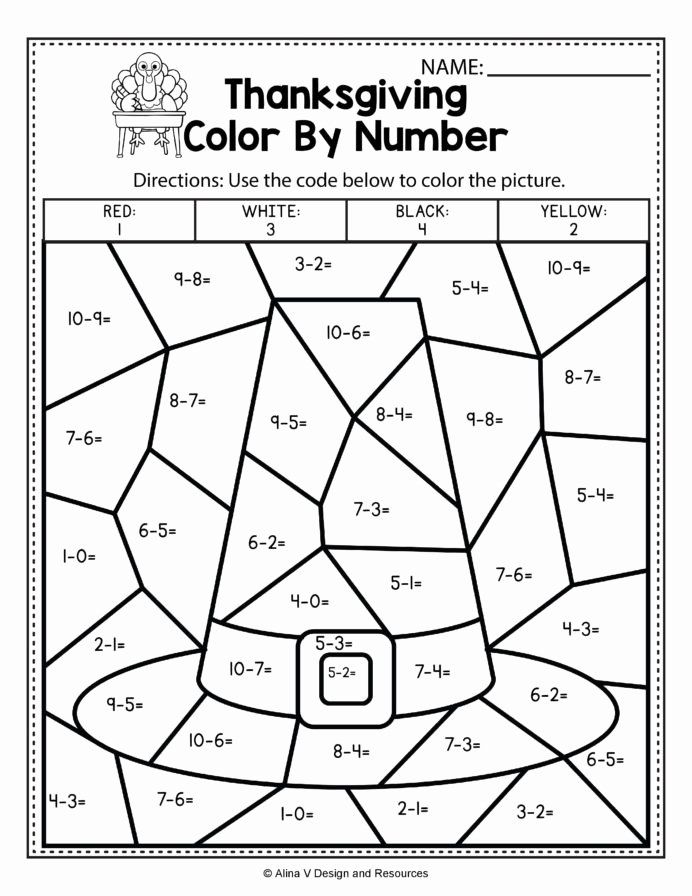 nine0005
nine0005
<
Out-of-the-box thinking and the ability to think creatively
The skill allows a person not only to adapt to changing environmental conditions, but also to find answers to questions of any complexity, generate new ideas, see and find positive even, it would seem , in desperate situations.
Emotional intelligence
It is important to teach a future first-grader to understand his emotions, to be able to cope with them, to talk about his feelings, to experience empathy. Without these basic skills, a future happy life without depression, apathy and neurosis is impossible. Such questions are especially acute and relevant at the beginning of schooling, during the period of adaptation, when the psychological burden on the child increases. nine0005
<
Intercultural openness
In today's world, with the opportunities of travel and online learning, it is important and necessary not only to know a foreign language, but also to be able to understand the cultures of other peoples.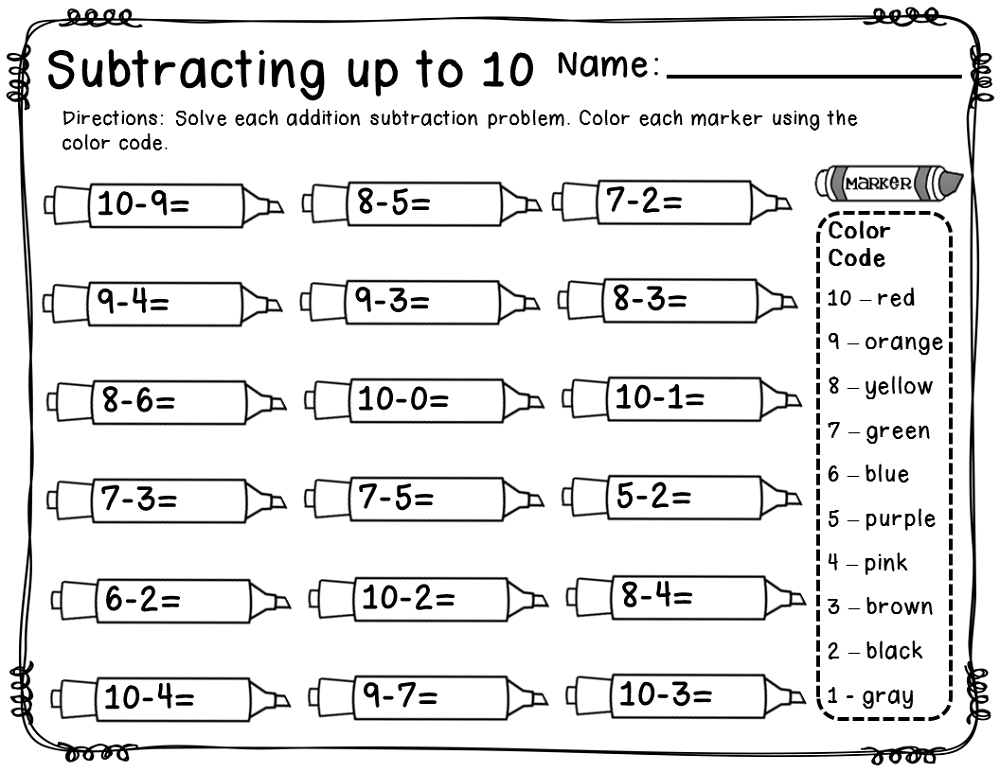 Know the features and respect the religion of other nations, be familiar with the traditions and honor them. This helps to find a common language with representatives of other countries.
Know the features and respect the religion of other nations, be familiar with the traditions and honor them. This helps to find a common language with representatives of other countries.
Self-organization and time management
The skill can be useful in any area: putting things in order, managing your life, prioritizing things. This will save the child from fatigue, stress, increase self-confidence and teach them to enjoy life.
<
Knowledge and skills for school
Knowledge about the surrounding world
It is believed that by the first grade a child knows natural phenomena: snow, hail, lightning. The child should be able to distinguish colors, plants, animals, body parts, clothing and footwear, dishes. To test the knowledge of a preschooler, you can offer offhand to name several types of trees or migratory birds. For clarity, purchase a children's encyclopedia, look at illustrations together and discuss paragraphs.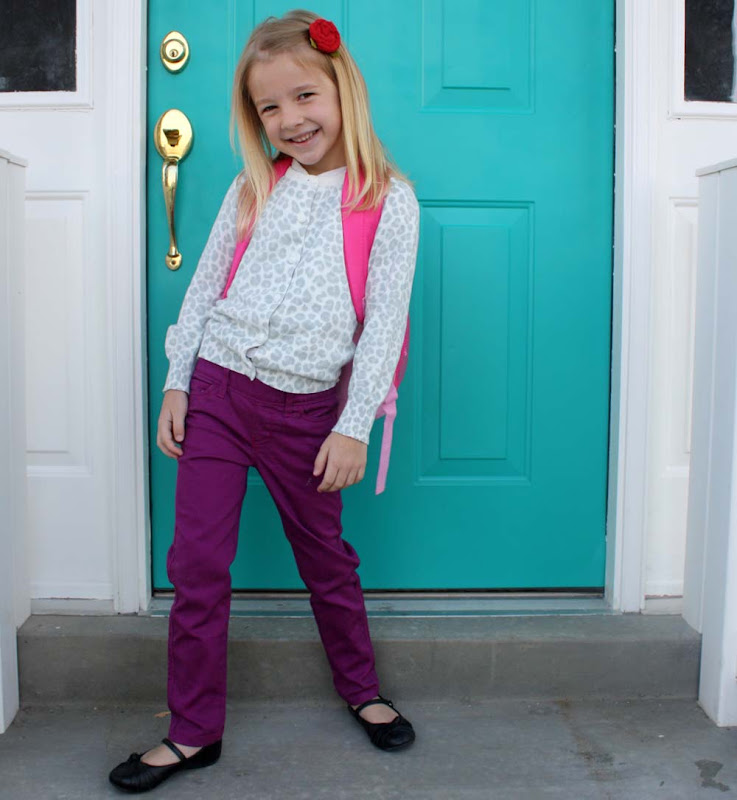 nine0005
nine0005
Knowledge of time and space
Make sure that the child is oriented in the hourly routine of the day, knows how to tell the time using an ordinary clock with hands, can list the days of the week and the names of the seasons without hesitation. Another important skill is to distinguish between “right” and “left”.
Mathematical knowledge
This is an important category, but it often causes problems. It's good if the child:
- Counts up to 100 and knows how to perform elementary addition and subtraction operations within the first ten. At least it is worth knowing the numbers 0 to 10 in forward and reverse order. nine0165 - Indicates the number of items as a number.
- Distinguishes between "one" and "many". Operates with the concepts of "greater than", "less than", "equal", "up", "down".
- Able to compare objects by size, shape. It is expected that he is familiar with basic geometric concepts - a parallelepiped is unlikely to be needed, but a circle, rectangle, square is quite.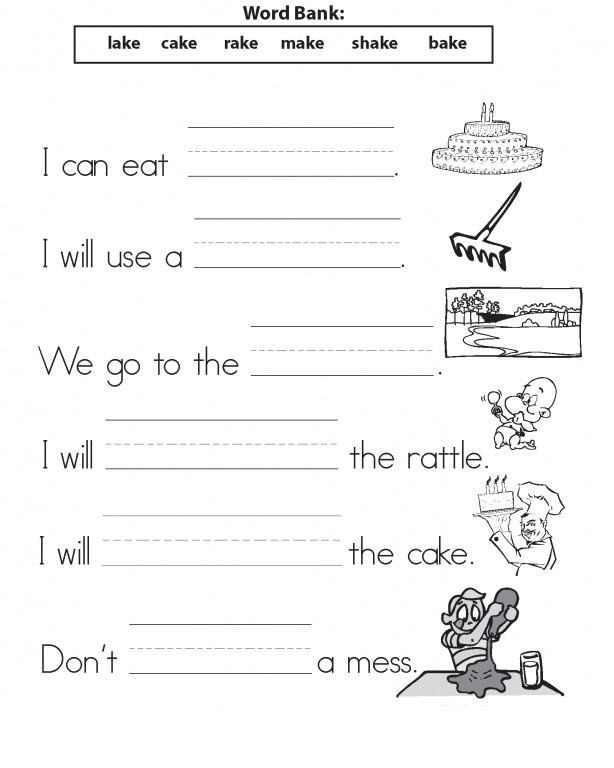
It is also important to teach the child to find patterns in order to train logic: exercises with pictures like “Find 5 differences” are perfect here. nine0005
Knowledge of reading and Russian language
It is recommended that a future first grader know the alphabet. Despite the fact that it is not officially required to be able to read, this will definitely be asked at the interview. It is easier for children who have learned to read before school to adapt: as a rule, their academic performance is higher than that of children who read in elementary school in syllables. You should not force your child to pore over books without getting out, but you can try to motivate them to read on their own.
What you need to know to get into first grade at Foxford
Our online school has several learning formats, from which parents choose the one that suits their child the most. These can be recorded or online lessons.
Since Foxford is an online school, it is important to pay attention to how well the child is familiar with the computer and whether he can type on the keyboard and also handle the mouse.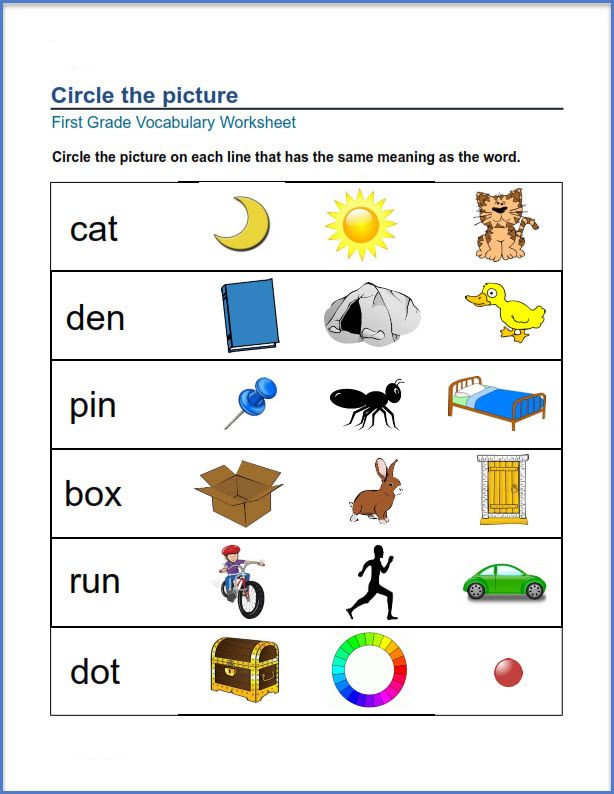
In order to be successful in elementary school, a child must have basic reading, writing, and arithmetic skills. There are no entrance tests, but the family is offered a small test to check the readiness of the child for school. nine0005
It is important to equip a learning area for a future first-grader before starting training, think over the daily routine and “pump” self-organization skills. Adults should be prepared for the fact that at first the child may need help.
Parents need to pay special attention to the adaptation moment in order to maintain a positive psychological environment and the child's condition.
Résumé
There are no official requirements for what a child should know by the first grade. nine0005
Parents should pay attention to the general and basic developmental skills and abilities of a preschooler. Focus on issues that have caused problems for the child. For example, go to a museum to learn more about predatory animals, or practice the rules of the road for pedestrians so that the baby knows exactly how to cross the road correctly.

